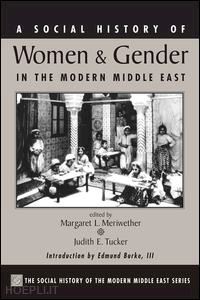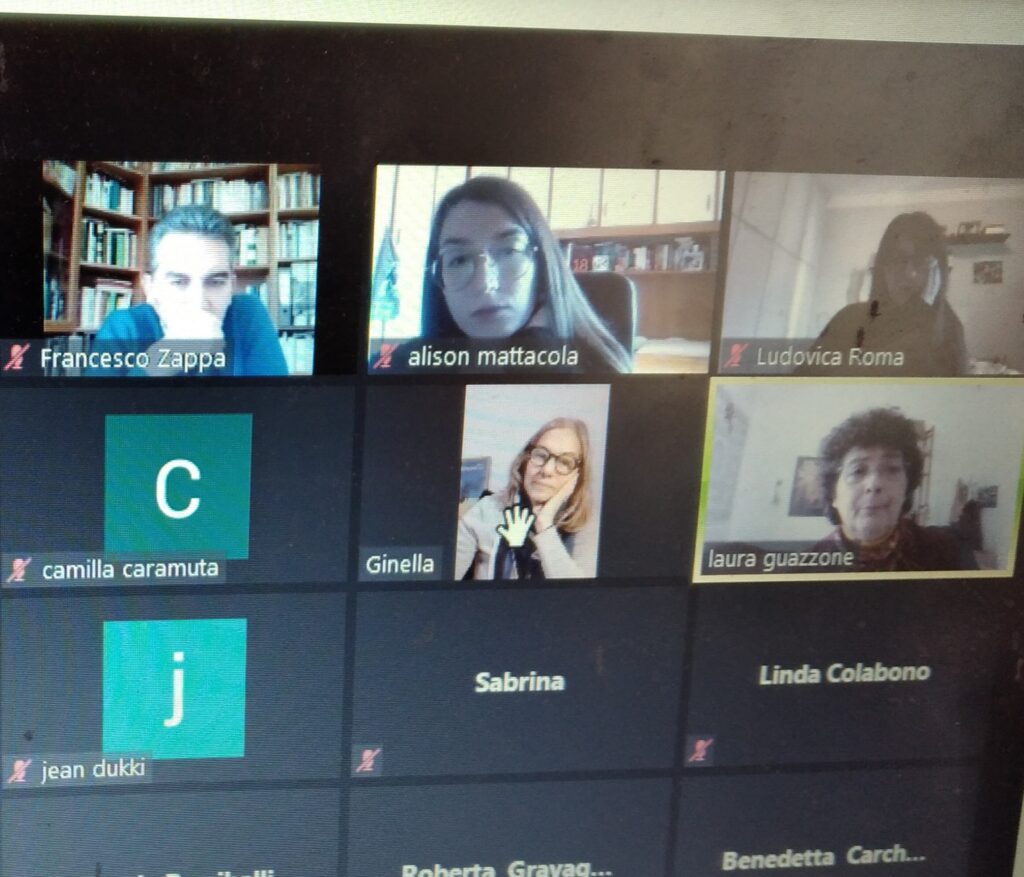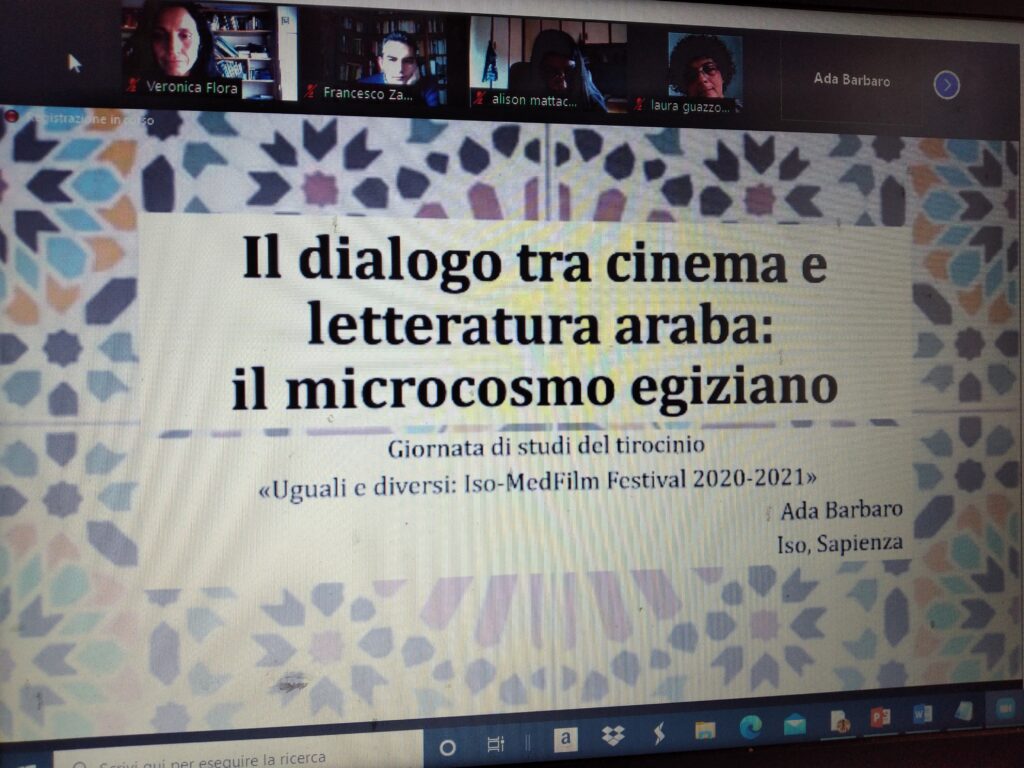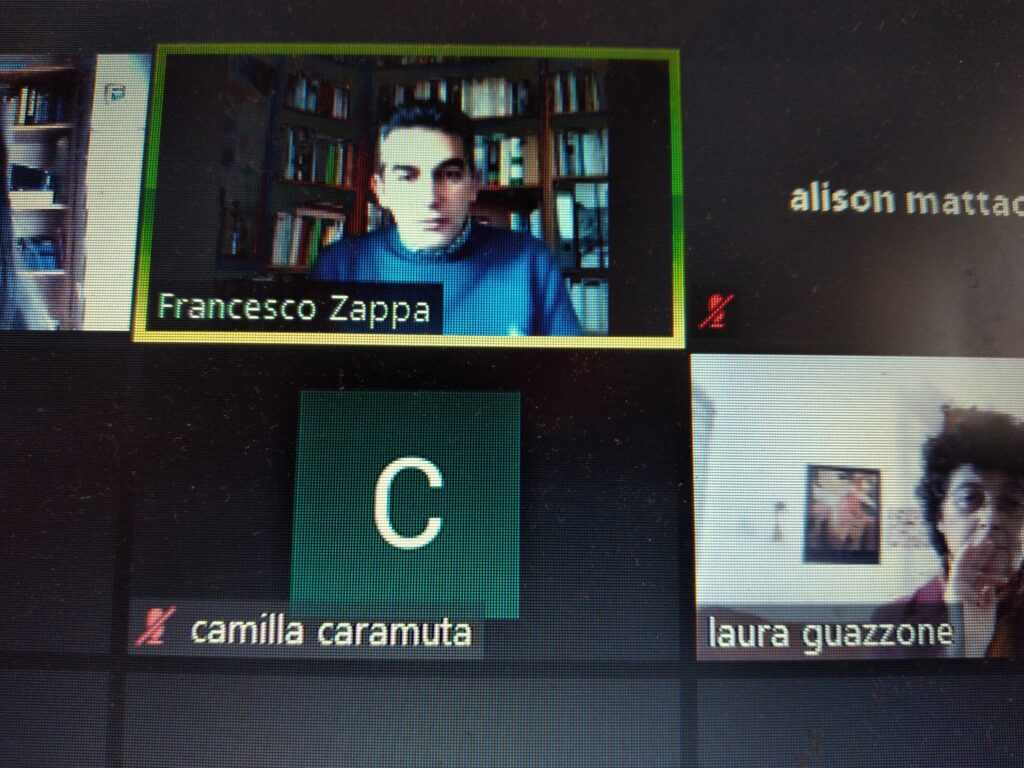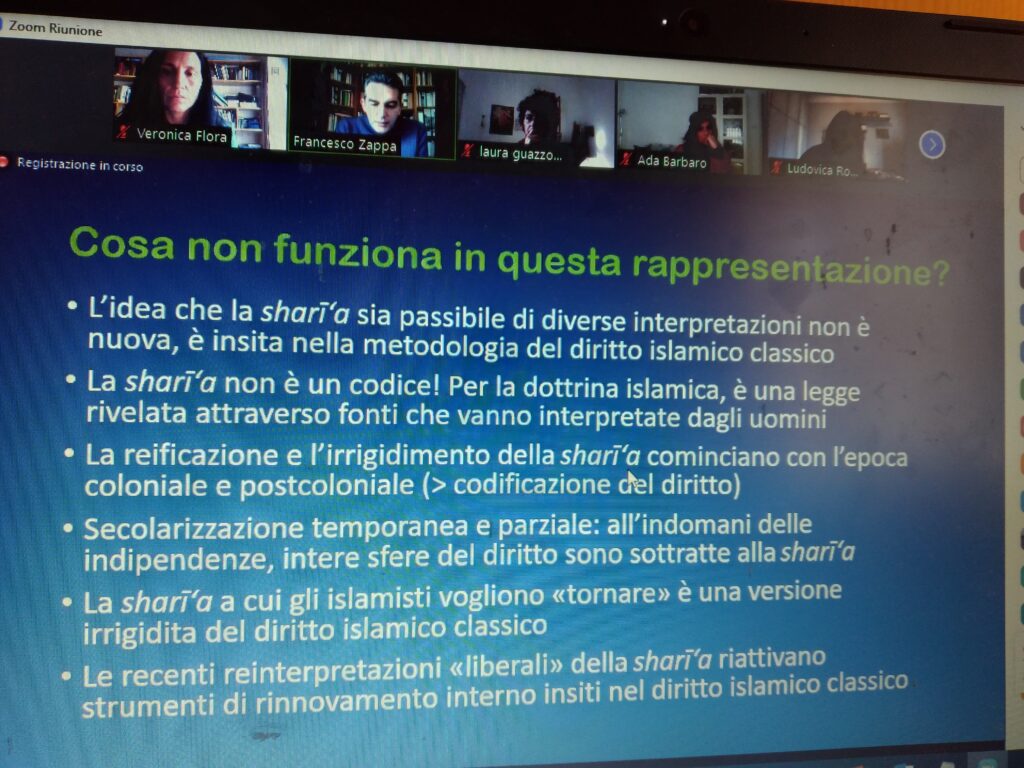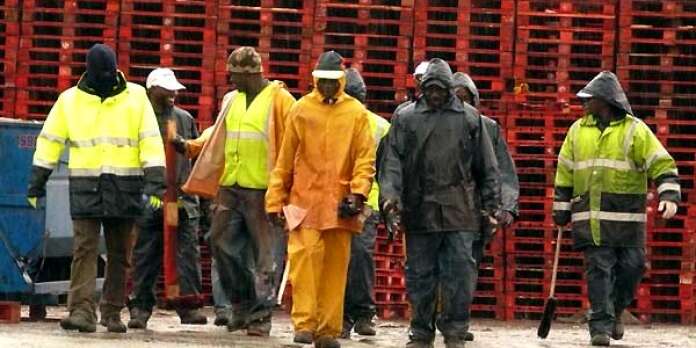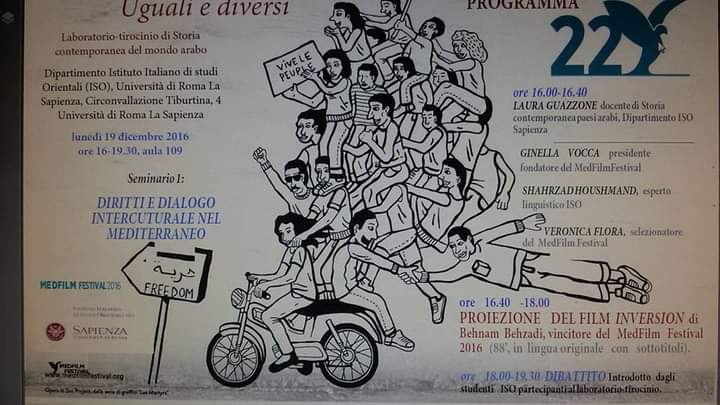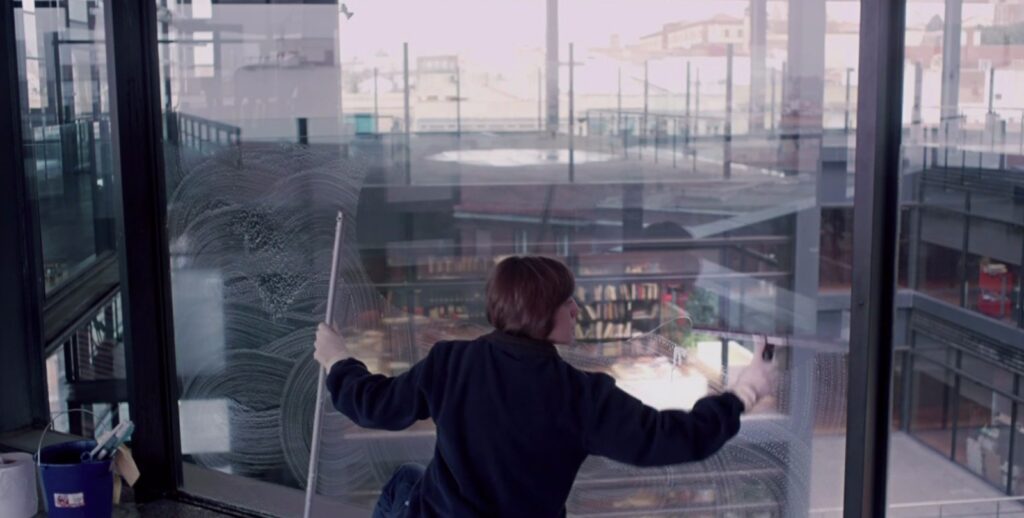Authors: Vittorio Daniele e Paolo Malanima (University Magna Graecia of Catanzaro)
Abstract
The purpose of this paper is to analyse the trends of economic, social and political inequality among the Mediterranean countries in the period 1950-2015. After the examination of the inequalities in GDP per capita among and within nations, we present a human development index (HDI) that includes a measure of democratic achievements. The main result is that inequalities in income, after the rise from the 1950s onwards, declined from the start of the twenty-first century. Inequalities in HDI, instead, constantly diminished in the period under examination, while a process of democratization occurred. On the whole, despite the convergence among Mediterranean countries, economic inequalities are much deeper than those in social and political indicators.
Document: mpra.ub.uni-muenchen.de/78324/1/MPRA_paper_78324.pdf

